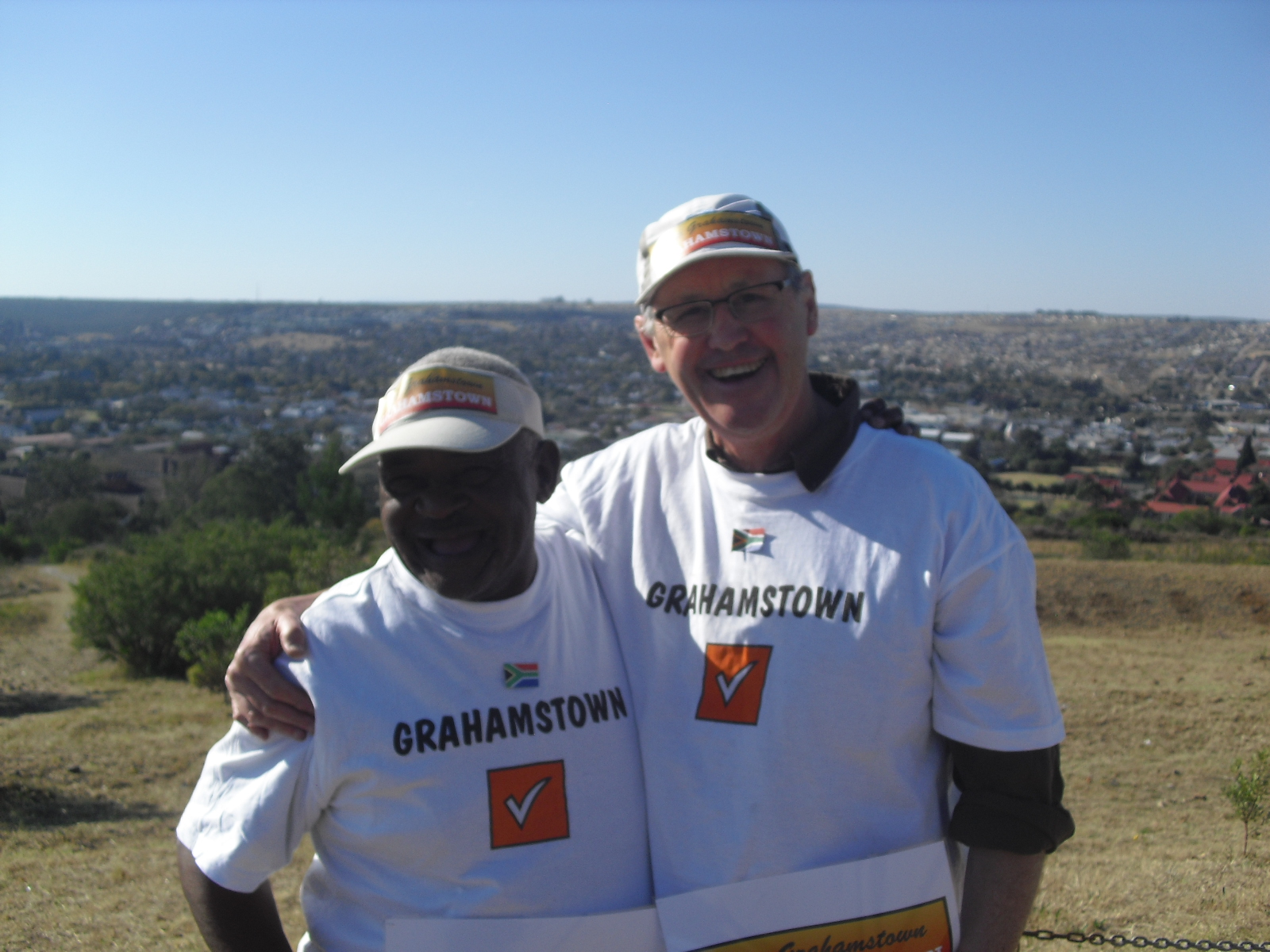Last week, a full bench of the high court upheld a 2020 judgment by judge Murray Lowe, finding that former arts and culture minister Nathi Mthethwa’s 2018 decision to rename the Grahamstown Makhanda had followed adequate public consultation processes and was legally sound. In this joint critique of the judgement, Keep Grahamstown Grahamstown (KGG) coordinators SIGIDLA NDUMO and JOCK McCONNACHIE explain their intention to take the matter to the Supreme Court of Appeal.

The latest judgement by the high court is regrettable both legally and in terms of its findings of fact. It has severe implications for the renaming of South African place names and, in particular, the question of whether renaming serves the purposes of reconciliation or retribution.
From 2007-2013, three unsuccessful attempts to change the name were made by the municipality’s Naming Task Team led by Prof Julie Wells at great expense. That included an R100 000 ‘education campaign’ to indoctrinate people on why they should be offended by the name Grahamstown after little interest was shown in any name change.
After even that attempt failed to get the desired response, the matter was taken out of the hands of our municipality, and a fourth process which was not a process at all was “fast-tracked” by the Eastern Cape Provincial Geographic Names Committee (ECPGNC) to deliver the result which the previous processes had failed to produce. The application that provided the basis for launching the fourth process was also bogus and did not meet the basic requirements.
The inference was inescapable that there was a predetermined plan from 2007 to change the name of Grahamstown no matter what local opinion was on the subject.
As we argued and showed, correct procedures were not followed after the matter was revived in 2016, and there was no meaningful consultation. The Minister also published a defective Notice announcing the proposed name change, and he failed to acknowledge or respond to thousands of individual objections to his decision. The Post Office returned the KGG’s submission on behalf of more than 10 000 objectors as “unclaimed” after being sent by registered mail. The Minister only acknowledged receiving 482 objections, but not even that number received an acknowledgement or response as required.
If the renaming of Grahamstown, SA’s second-oldest city, by such arbitrary means was lawful, as has been found, then the rules on name changing have been changed, and the door is open to wholesale renaming by any means. It is already happening with the renaming of other names, such as Port Elizabeth.
It is now possible to change the name of a city or town by holding a single, poorly attended, and unrepresentative meeting and objections are futile.
Notwithstanding that two court decisions have now ruled in favour of the name change, one only has to read the judgments to see the contortions of logic which the original court and the appeal court had to employ to turn a blind eye to all of the many and severe flaws in the process which resulted in the name change from Grahamstown to Makhanda. The serious failures and deficiencies raised by the KGG were brushed aside as unimportant or irrelevant.
Even the name Makhanda is a misspelling of the name Makana. No orthographic basis was established as required by the applicable law if the spelling of a place name is “standardised”. Neither court questioned the matter and simply accepted the new spelling in terms as decreed by the Minister.
Lastly, it is a concern why it took a full bench of the court almost a year to issue its judgment. Indications were that the appeal was likely to succeed, and we suspect that something more was at play.
The decision on the appeal is inconsistent with a previous binding decision on renaming by the Supreme Court of Appeal (SCA), which we are hopeful will have the final say on the matter. The SCA overturned the renaming of Louis Trichardt. We are confident that if the SCA has a say in the case, the renaming of Grahamstown will also prove to be shortlived.


